Θα ήταν ίσως κοινότοπο να πει κανείς, παραφράζοντας τους Karl Marx και Friedrich Engels, ότι “ένα φάντασμα στοιχειώνει τη φιλοσοφία, το φάντασμα του σχετικισμού. Όλες οι δυνάμεις της γέρικης φιλοσοφικής σκέψης ενώθηκαν σε μια ιερή συμμαχία για να το κυνηγήσουν: ο Πλάτων και ο Descartes, ο Kant και ο Davidson, οι αριστεροί διανοούμενοι και οι δεξιοί τεχνοκράτες.” Ένας συγγραφέας δηλώνει με αγωνία ότι η νίκη του σχετικισμού “θα ήταν μια νίκη για το Βασίλειο του Σκότους”, ενώ ο Gottlob Frege, αντιμέτωπος με μια μορφή σχετικισμού στη λογική, το λεγόμενο ψυχολογισμό, αναφωνεί με αγανάκτηση: “Πότε επιτέλους θα μπει μια και για πάντα ένα τέλος σε αυτή την κατάσταση!”
Όπως το θέτει ο Simon Blackburn, “δεν πρέπει να πιστεύουμε ότι κάθε γνώμη είναι ιδεολογία, ότι ο λόγος είναι μόνο ισχύς, ότι δεν υπάρχει καμία αλήθεια για να υπερισχύσει. Δίχως άμυνες ενάντια στη μεταμοντέρνα ειρωνεία και τον κυνισμό, την πολυπολιτισμικότητα και το σχετικισμό, θα καταλήξουμε όλοι στην κόλαση”. […]


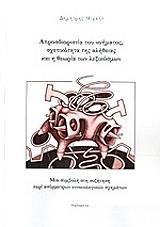
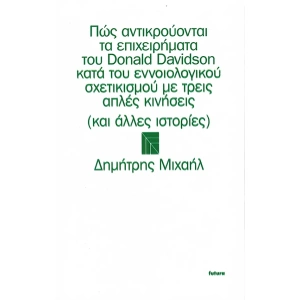
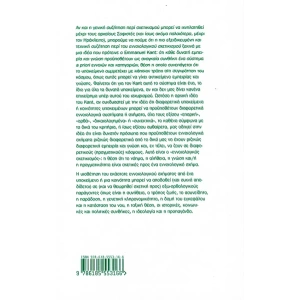
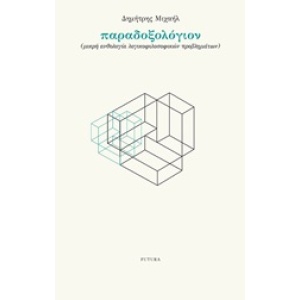





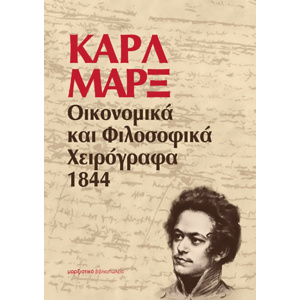
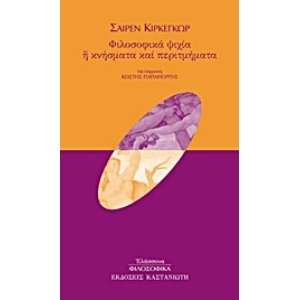
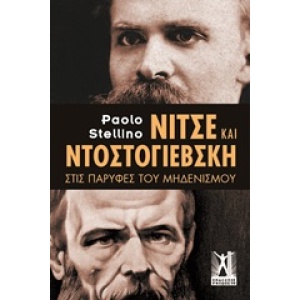
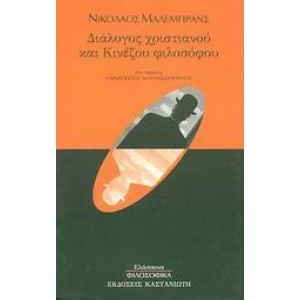
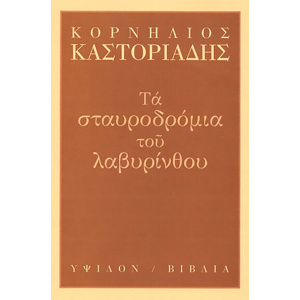
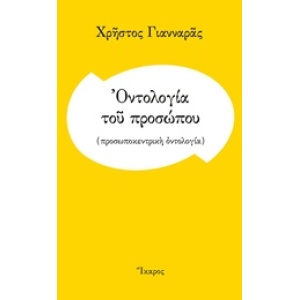


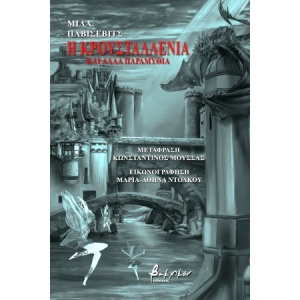

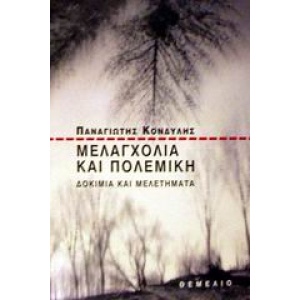
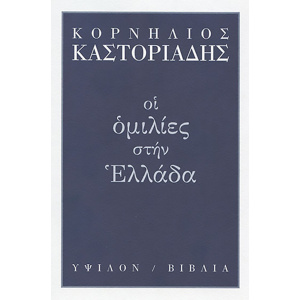
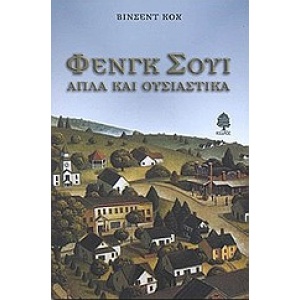


Αξιολογήσεις
Δεν υπάρχει καμία αξιολόγηση ακόμη.